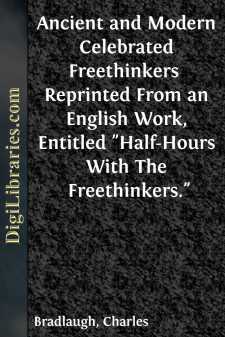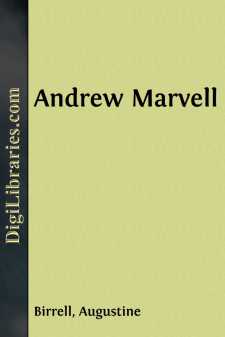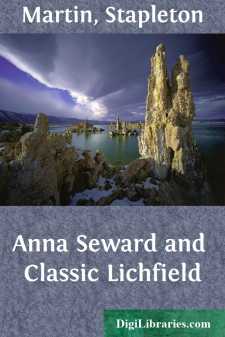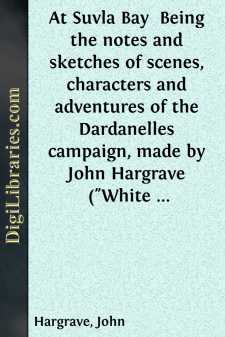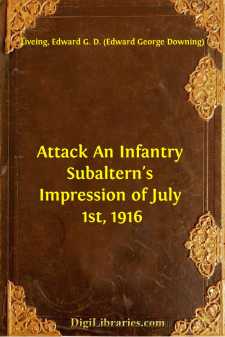Biography & Autobiography
- Adventurers & Explorers 15
- Artists, Architects, Photographers 16
- Business 2
- Composers & Musicians 14
- Criminals & Outlaws 5
- Editors, Journalists, Publishers 6
- Educators 1
- Entertainment & Performing Arts 3
- General 73
- Health, Exercise & Fitness 1
- Historians 3
- Historical 83
- Law Enforcement 1
- Lawyers & Judges 3
- Literary 147
- Medical 7
- Military 48
- Naturalists, Gardeners, Environmentalists 8
- Personal Memoirs & Diaries 226
- Philosophers 3
- Political 9
- Presidents & Heads of State 38
- Religious 38
- Rich & Famous 27
- Scientists 13
- Women 31
Biography & Autobiography Books
Sort by:
by:
William Orpen
CHAPTER I TO FRANCE (APRIL 1917) The boat was crowded. Khaki, everywhere khaki; lifebelts, rain and storm, everything soaked. Destroyers, churning through the waves, played strange games all round us. Some old-time Tommies, taking everything for granted, smoked and laughed and told funny stories. Others had the look of dumb animals in pain, going to what they knew only too well. The new hands for...
more...
THOMAS HOBBES. This distinguished Freethinker was born on the 5th of April, 1588, at Malmesbury; hence his cognomen of "the philosopher of Malmesbury." In connection with his birth, we are told that his mother, being a loyal Protestant, was so terrified at the rumored approach of the Spanish Armada, that the birth of her son was hastened in consequence. The subsequent timidity of Hobbes is...
more...
CHAPTER I EARLY DAYS AT SCHOOL AND COLLEGE The name of Andrew Marvell ever sounds sweet, and always has, to use words of Charles Lamb’s, a fine relish to the ear. As the author of poetry of exquisite quality, where for the last time may be heard the priceless note of the Elizabethan lyricist, whilst at the same moment utterance is being given to thoughts and feelings which reach far forward to...
more...
by:
Stapleton Martin
ANNA SEWARD Anna Seward, a daughter of the Rev. Thomas Seward, destined to become, by universal assent, the first poetess of her day in England, was born 12th December, 1747. Her mother was Elizabeth, one of the three daughters of the Rev. John Hunter (who was in 1704 appointed Head Master of Lichfield Grammar School), by his first wife, Miss Norton, a daughter of Edward Norton, of Warwick, and...
more...
by:
Various
He was almost too good to be true. In addition, the gods loved him, and so he had to die young. Some people think that a man of fifty-two is middle-aged. But if R. H. D. had lived to be a hundred, he would never have grown old. It is not generally known that the name of his other brother was Peter Pan. Within the year we have played at pirates together, at the taking of sperm whales; and we have...
more...
PREFACE When I first broached the matter of writing his autobiography to John H. Cady, two things had struck me particularly. One was that of all the literature about Arizona there was little that attempted to give a straight, chronological and intimate description of events that occurred during the early life of the Territory, and, second, that of all the men I knew, Cady was best fitted, by reason of...
more...
by:
John Hargrave
CHAPTER I. IN WHICH MY KING AND COUNTRY NEED ME I left the office of The Scout, 28 Maiden Lane, W.C., on September 8th, 1914, took leave of the editor and the staff, said farewell to my little camp in the beech-woods of Buckinghamshire and to my woodcraft scouts, bade good-bye to my father, and went off to enlist in the Royal Army Medical Corps. I made my way to the Marylebone recruiting office, and...
more...
CHAPTER I OFF TO THE FRONT I had been to France before—in 1916, during the Battle of the Somme—but not as an officer; in 1916 I was a private in the Royal Fusiliers, and I had received orders to return to "Blighty" in order to proceed to an officer cadet battalion at Gailes, in Ayrshire, before I had been able to see what a front-line trench was like. So this, then, was my first experience...
more...
INTRODUCTION The attack on the fortified village of Gommecourt, which Mr. Liveing describes in these pages with such power and colour, was a part of the first great allied attack on July 1, 1916, which began the battle of the Somme. That battle, so far as it concerns our own troops, may be divided into two sectors: one, to the south of the Ancre River, a sector of advance, the other, to the north of...
more...
by:
William Beatty
Narrative Lord NELSON sailed from St. Helen's in the Victory, with the Euryalus frigate, on the morning of the 15th of September 1805, to take the command of the British Fleet cruizing before Cadiz. On the 18th he appeared off Plymouth; where he was joined by his Majesty's ships Thunderer and Ajax, with which he proceeded for his destined station. On the 20th he communicated by private signal...
more...



